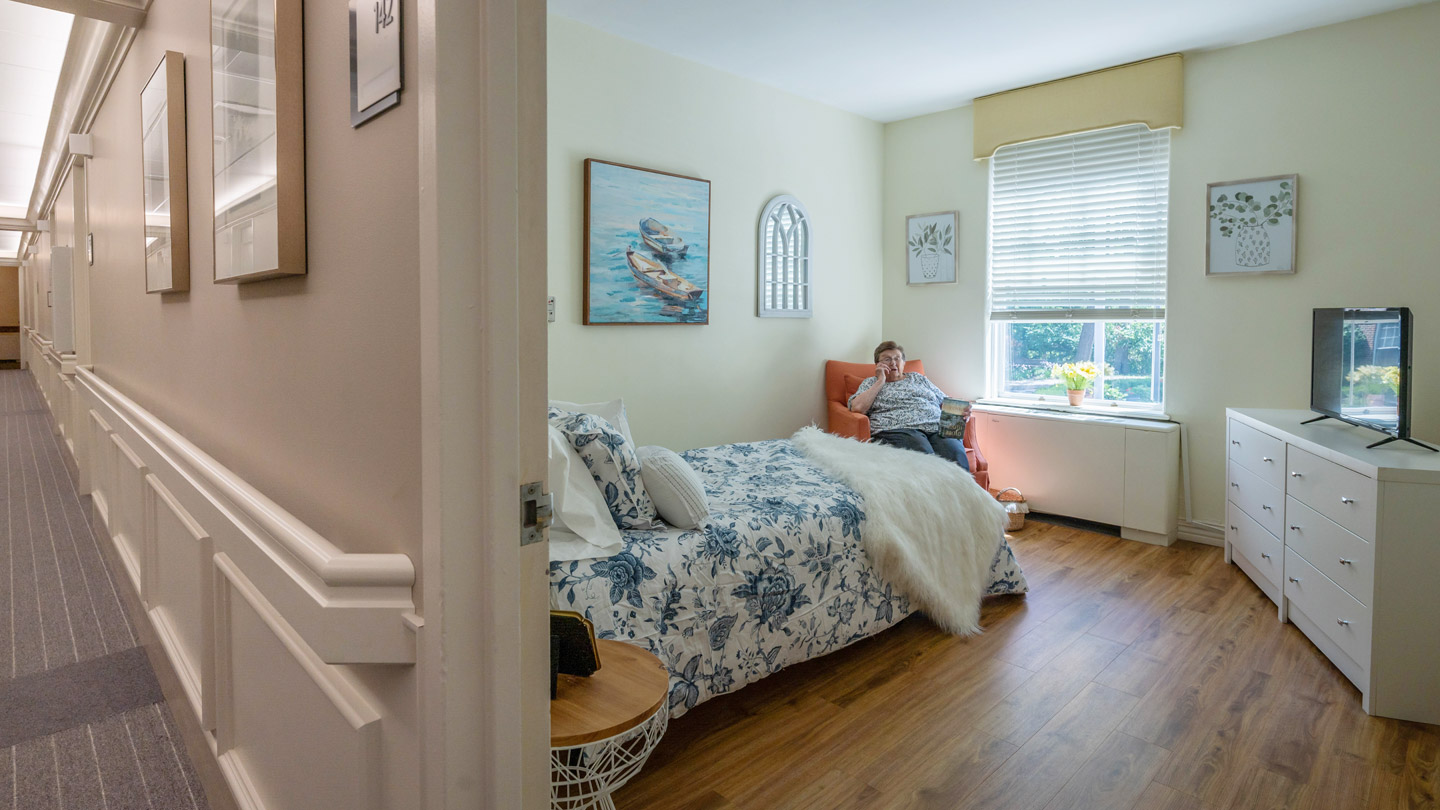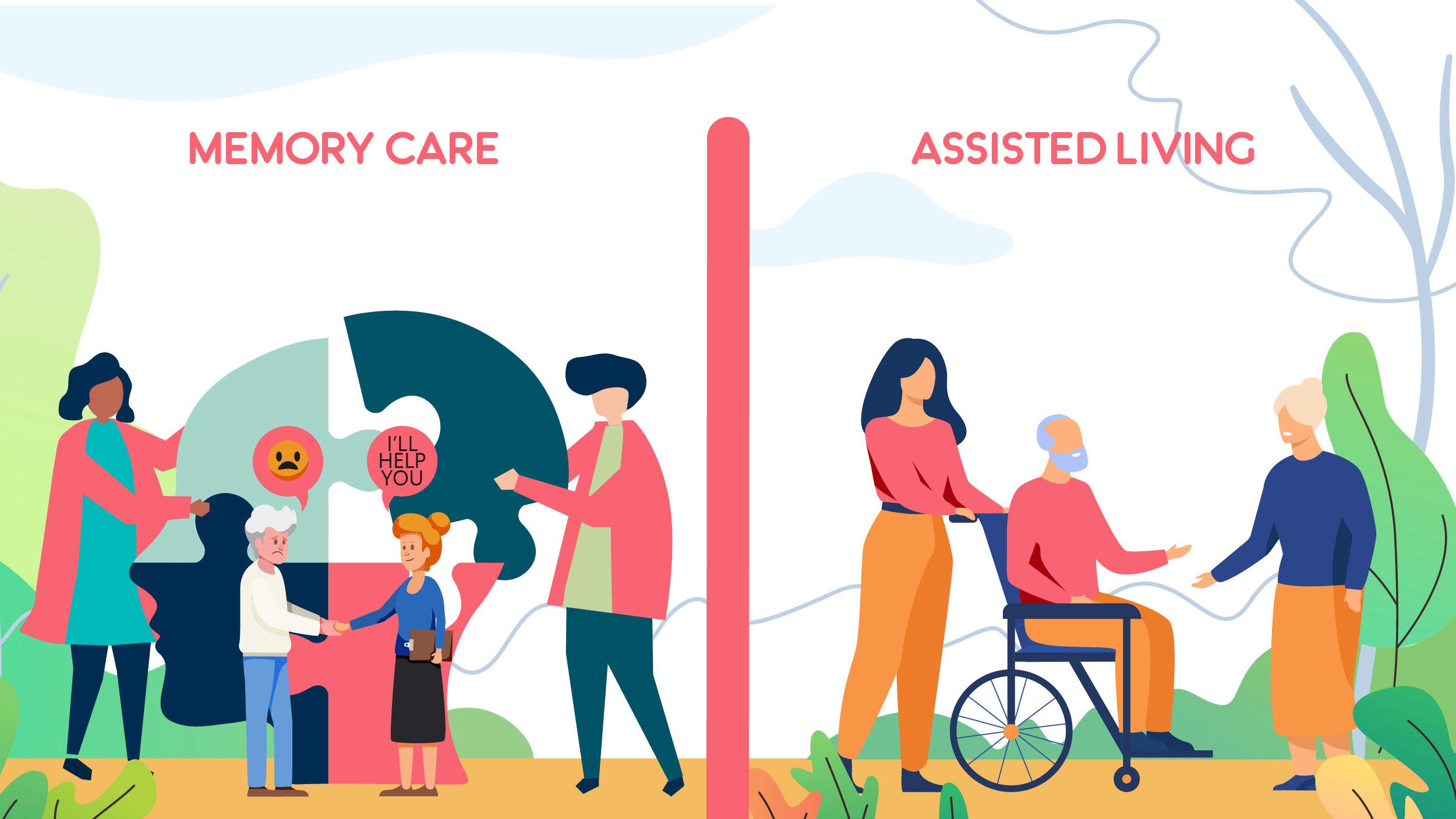Discover Charlotte Memory Care: Compassionate Senior Citizen Care Solutions
Discover Charlotte Memory Care: Compassionate Senior Citizen Care Solutions
Blog Article
Developing a Safe and Encouraging Setting: In-Home Memory Care Essentials
Developing a nurturing and secure setting for individuals requiring in-home memory treatment is vital to their wellness and lifestyle. From ensuring safety and security within the home to utilizing effective interaction methods and implementing memory-friendly style aspects, there are essential parts that contribute to an all natural treatment method. By focusing on developing an encouraging ecological community that accommodates the unique demands of those with memory disabilities, caretakers can substantially enhance the daily experiences of their loved ones.

Safe Living Environment
Developing a safe and secure and hazard-free living environment is vital when offering at home memory treatment for individuals with cognitive problems. Guaranteeing the safety and security of the private with amnesia is important to stop mishaps and advertise a feeling of well-being. One crucial aspect of producing a secure living environment is to get rid of any prospective threats that could result in slides, trips, or falls. This consists of safeguarding loose rugs, making sure adequate illumination in all locations of the home, and maintaining paths free from clutter.
Furthermore, it is very important to mount safety features such as grab bars in restrooms and hand rails along stairs to provide assistance and prevent accidents. Furthermore, utilizing technology such as motion sensors and alarms can alert caretakers if the individual wanders or remains in distress. Developing a secure living atmosphere likewise entails applying approaches to avoid straying, such as making use of door alarm systems or locks to limit access to harmful areas. By focusing on security procedures and getting rid of possible threats, caretakers can offer a encouraging and safe and secure setting for individuals with cognitive impairments obtaining at home memory care.
Reliable Communication Strategies
Applying tailored interaction strategies is important in fostering significant communications with individuals with cognitive problems in the context of in-home memory treatment. Effective interaction plays an essential duty in creating a helpful environment that boosts the well-being and high quality of life for people with memory issues. When interacting with somebody experiencing cognitive decline, it is very important to use easy and clear language, maintain a calm and positive tone, and offer aesthetic signs to aid comprehension.
One key strategy is to exercise energetic listening, revealing compassion, patience, and respect during discussions. Non-verbal cues such as faces and body language can additionally aid convey understanding and support. Furthermore, utilizing memory treatment by utilizing or reviewing previous experiences songs and art can tap right into lasting memories, boosting and triggering links involvement.
Moreover, incorporating regular routines and consistent communication patterns can offer a sense of experience and protection for people with memory problems. By applying these interaction strategies, caretakers can develop purposeful links and promote a sense of comfort and rely on the at home memory treatment setting.
Memory-Friendly Design
Given the significance of creating an encouraging setting for people with memory problems with effective interaction methods, the consolidation of memory-friendly style elements in the space comes to be imperative in enhancing their everyday experiences and overall well-being. Memory-friendly layout focuses on enhancing safety and security, comfort, and freedom for people with cognitive impairments. Straightforward alterations can make a considerable distinction, such as utilizing contrasting colors to improve presence and minimize confusion, incorporating clear signs to assist navigating, and lessening clutter to avoid sensory overload.
Incorporating familiar aspects from the person's past, such as favorite items or personal pictures, can evoke positive memories and produce a feeling of knowledge. By incorporating these memory-friendly design elements, caregivers can give a helpful and risk-free living area that allows individuals with memory problems to preserve their self-reliance and high quality of life. Charlotte Memory Care.
Daily Routine Planning
When establishing an everyday routine for people with memory problems, careful preparation is vital to sustain their cognitive feature and overall health. Establishing a structured routine can help minimize complication, disorientation, and anxiety commonly experienced wikipedia reference by those with memory impairments.
Versatility is vital, as some days may require adjustments based on the person's mood and energy levels. Frequently reviewing and adjusting the daily schedule will assist ensure its efficiency in promoting a soothing and favorable setting for people with memory obstacles.
Support Group Implementation
Establishing a durable network of encouraging people plays a crucial duty in boosting the informative post top quality of treatment and health for people requiring memory assistance. Member of the family, close friends, medical care specialists, and neighborhood sources can all add to producing a strong support group. Interaction amongst these individuals is vital to guarantee that the requirements of the individual with memory challenges are fulfilled effectively.
Member of the family are often the key caregivers and form the backbone of the support group. They offer daily treatment, emotional assistance, and companionship. It is essential for member of the family to look for support and reprieve when needed to stop fatigue and make sure the most effective feasible take care of their liked one.
Along with household support, including healthcare professionals such as medical professionals, therapists, and registered nurses can provide specialized treatment and guidance. These professionals can offer beneficial insights, clinical guidance, and help in taking care of the person's condition.

Final Thought
In conclusion, producing a secure and encouraging atmosphere for people with memory care needs is necessary for their wellness. By establishing a safe living atmosphere, using effective interaction strategies, including memory-friendly style components, preparing everyday regimens, and executing a solid support group, caregivers can help enhance the high quality of life for those with amnesia. These essential components collaborate to create a nurturing and equipping setting that advertises self-reliance and improves total high quality of life.
Developing a secure and hazard-free living atmosphere is vital when providing at home memory care for people with cognitive disabilities. By prioritizing safety procedures and removing prospective dangers, caregivers can provide a helpful and secure atmosphere for individuals with cognitive disabilities obtaining in-home memory treatment.
Developing a durable network of encouraging individuals plays a crucial function in improving the high quality of treatment and wellness for people needing memory assistance - Charlotte Memory Care. Communication among these individuals is vital to make sure that the needs of the private with memory difficulties are fulfilled successfully

Report this page